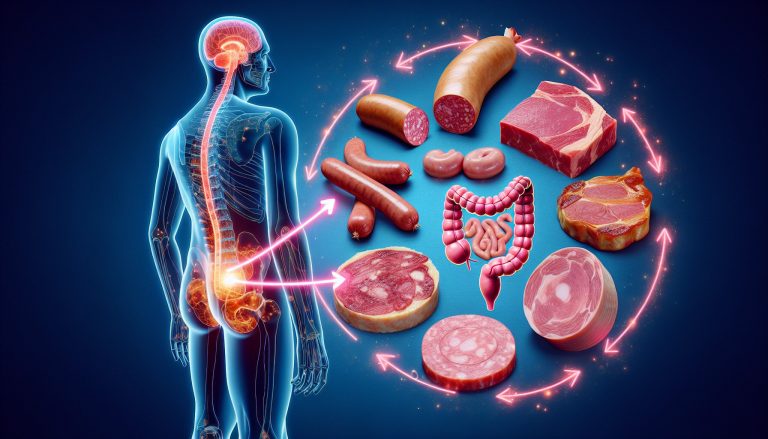
Quitting smoking is a life-changing decision that immediately sets your body on a path toward repair. From the moment you stop, your lungs begin clearing toxins, improving airflow, and slowly restoring their natural ability to breathe freely. Even long-term smokers can experience meaningful healing once they make the choice to quit, proving that it is never too late to start.
How Smoking Damages the Lungs

Your lungs provide oxygen to every cell in your body—powering the brain, supporting immunity, boosting mood, and maintaining heart function. Cigarette smoke interferes with this vital process by limiting how much oxygen your body receives. It contains more than 7,000 toxic chemicals that irritate and inflame lung tissue. Over time, these toxins scar the airways, narrow breathing passages, and weaken the lungs’ ability to defend themselves against infections. This damage explains why many smokers experience persistent coughing, shortness of breath, wheezing, and frequent respiratory illnesses.
Long-Term Consequences of Smoking
The harm cigarettes cause can lead to severe, irreversible lung diseases. Smoking is the leading cause of COPD (Chronic Obstructive Pulmonary Disease) and is directly linked to emphysema and chronic bronchitis. It also dramatically increases the risk of lung cancer—up to 20 times higher than that of non-smokers. The impact doesn’t stop at the lungs: smoking raises the risk of cancers in the throat, esophagus, voice box, mouth, and windpipe. It remains the number one preventable cause of death in the United States because of its effects not just on lung health, but also on the heart and blood vessels.
How Your Lungs Begin to Heal After Quitting
The body begins repairing itself almost instantly. Within minutes of your last cigarette, heart rate and blood pressure drop to healthier levels. After just a few hours, carbon monoxide levels in the blood decrease, allowing oxygen to circulate more efficiently. Over the next few weeks, breathing becomes easier and lung function improves. Many people notice less coughing, better stamina, and a smoother ability to breathe.
Within a year, the risk of heart disease decreases significantly, and lung capacity continues to increase. After several years smoke-free, the risks of cancer in the throat, bladder, and mouth begin to fall. After a decade, the risk of dying from lung cancer is cut nearly in half compared to someone who continues smoking. The healing process may take time, but the body responds remarkably once smoking stops.
Habits That Support Lung Recovery
The lungs naturally heal, but healthy habits can speed up recovery. Drinking plenty of water helps loosen mucus and clear toxins from the airways. Diets rich in antioxidants—found in fruits, vegetables, nuts, seeds, and fatty fish—reduce inflammation and support cell repair. Physical activity strengthens the lungs and heart by improving oxygen flow. Even coughing, although irritating, is a natural sign the body is clearing built-up mucus.
Keeping indoor air clean is equally important. Reducing dust, mold, and pet dander helps protect healing lungs. Deep breathing exercises can strengthen the diaphragm and provide a stress-relieving alternative to smoking. Steam inhalation may also help relax irritated airways and loosen mucus.
Why Quitting Is Worth It
Leaving cigarettes behind doesn’t just add years to your life—it improves everyday living. Food tastes better, energy increases, breathing becomes easier, and the constant dependence on cigarette breaks disappears. Most importantly, your lungs finally get the chance to heal and work freely again, supporting the rest of your body for years to come


